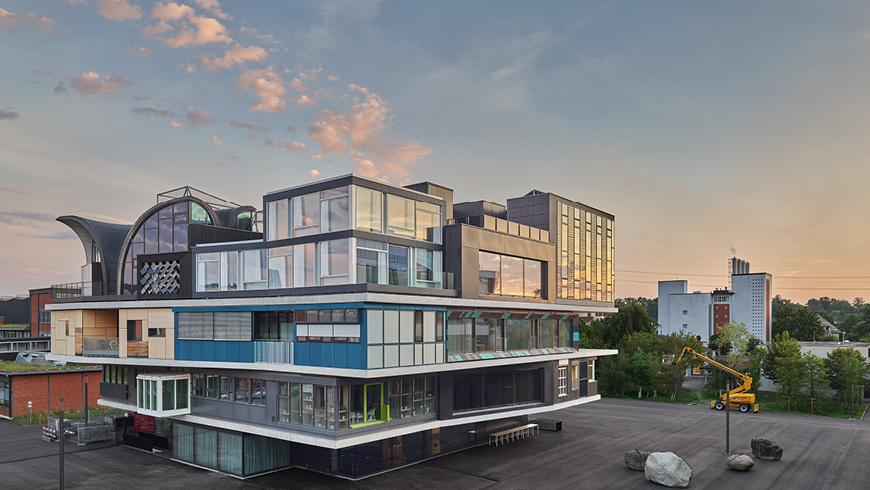EU-funded project SOCIAREM with Empa participation
How to accelerate solar adoption and citizen-driven energy solutions
The EU-funded project SOCIAREM will foster innovative solutions for large-scale adoption of photovoltaic (PV) systems and renewable energy communities across Europe. It combines research, technology, and community engagement to boost social acceptance of renewables. The project brings together 15 partners from nine countries to drive the clean energy transition in a 42-month project co-funded by the European Union’s Horizon Europe program.

The European project SOCIAREM will officially kick off with a consortium meeting on October 2nd / 3rd, 2025 in Madrid. Co-funded by the European Union’s Horizon Europe program and the Swiss State Secretariat for Education, Research, and Innovation (SERI), SOCIAREM brings together a multidisciplinary consortium of 15 partners from nine countries to accelerate the uptake of photovoltaic (PV) systems and energy-sharing models by addressing social, regulatory, technical, and economic barriers.
SOCIAREM aims to deliver innovative tools and services tested in real-world settings to simplify PV adoption for citizens, renewable energy communities, and grid managers. The project will explore gamification strategies for energy education, open-source models for energy communities, unbiased guidance tools for consumers, while engaging policymakers to streamline permitting processes and regulatory frameworks.
Running until March 2029, SOCIAREM is a 42-month Horizon Europe project with a total budget of close to Mio € 5,6, co-funded by the European Union and the Swiss State Secretariat for Education, Research, and Innovation (SERI). SOCIAREM promises to support PV adoption with user-friendly solutions tailored to consumer needs via training workshops while addressing regulatory market challenges across borders. By bridging technology, regulation and society, the project will contribute directly to Europe’s renewable energy targets by making solar adoption more inclusive and widely accepted.
The consortium behind SOCIAREM
The consortium is coordinated by Comillas Pontifical University in Madrid, leading the project's energy and social research, PV optimization tools, and serious game development. The consortium gathers 15 organizations with complementary expertise: SMEs such as AKUYARI (Spain) and 8D-Games (Netherlands) contribute innovation in user engagement and gamification; research institutes including R&D Nester (Centro de Investigaçao em Energia Ren), Watt-IS and CEVE (Cooperativa Eléctrica do Cale d’Este, Portugal) bring strong technical know-how in renewable energy and P2P exchange; while Phoebe Research & Innovation Ltd (Cyprus) and Empa advance monitoring, optimization, and planning tools for PV adoption. Empa's main roles in the project are to design and demonstrate the Swiss Community PV Demo at NEST on the Empa campus in Dübendorf, focusing on real-time operation, sector coupling (EVs, data centers, heat pumps), PV optimization, as well as business model and regulatory analysis. Empa participates as an Associated Partner and receives funding from the Swiss State Secretariat for Education, Research, and Innovation (SERI).
Academic partners such as the University of Cyprus, the University of Deusto (Spain), and the University of Aswan (Egypt) contribute leading research in smart energy systems, social sciences, and network planning. Civil society and community actors like FMES (Fondazione dele Comunità del Mediterraneo Sostenibili e Solidali per l’Inclusione e l’Accoglienza – Ente Filantropico) and Sinloc (Italy) ensure close collaboration with local energy communities, while Finnova Foundation (Belgium) drives communication and dissemination, and Zabala Innovation Consulting (Spain) manages exploitation and innovation. Together, this diverse consortium combines research excellence, technological innovation, and strong outreach capacity to maximize the project’s impact.
-
Share






